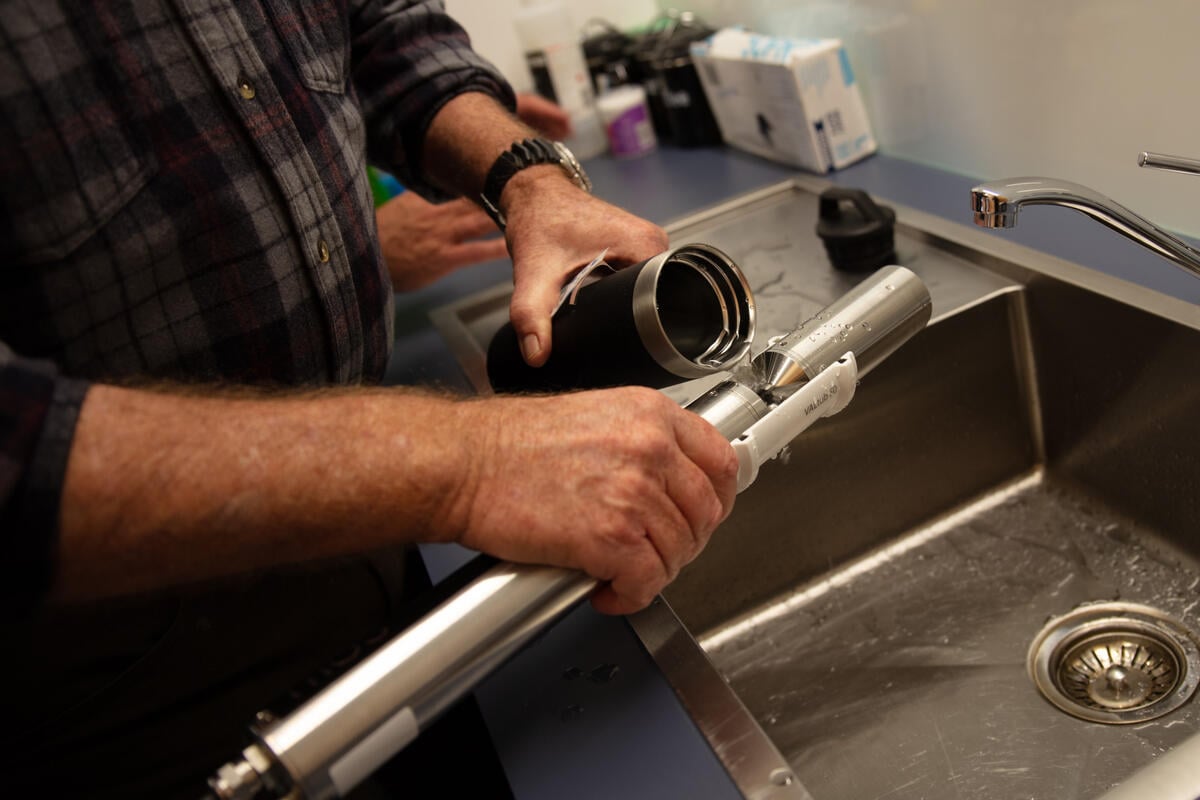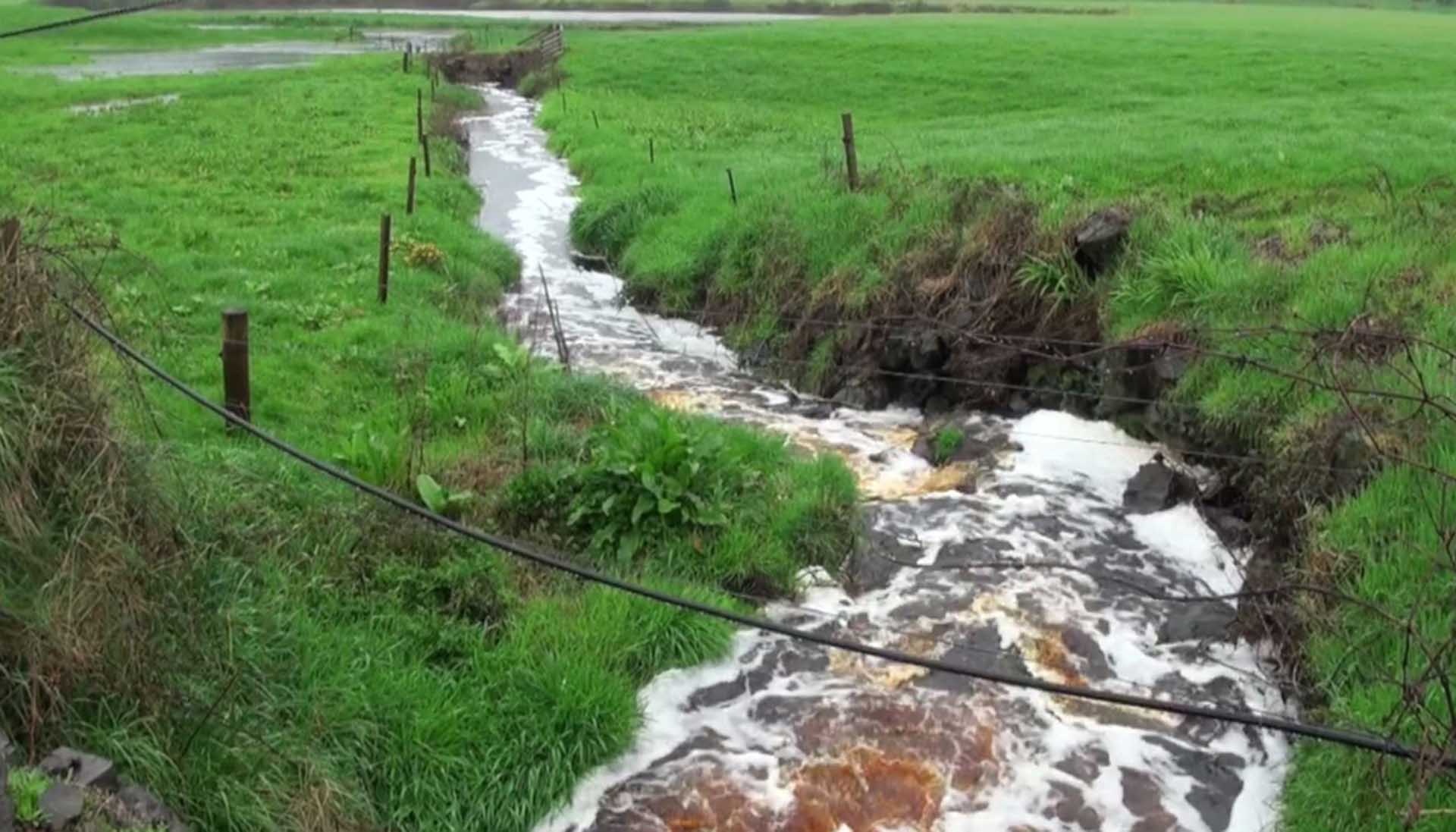During the local elections a group of friends went door knocking in rural Canterbury to have conversations about how farming was impacting the health of the water. James Driver talks about how he found the experience.
I’d been looking for ways to get more involved in environmental activism when I first learned about deep canvassing. As someone who cares about the issues but is – unfortunately – a bit of a coward when it comes to confrontation and direct action, I was intrigued.
Deep canvassing is a strategy for getting people to take action on an issue. It’s based on the premise that you can change minds through conversation. How? By engaging in a ‘two-way empathic and non-judgemental conversation’. The key steps are:
- Sharing your experience and getting the conversation started
- Listening to people, getting them thinking and sharing; and
- Highlighting common humanity
All of this felt like a natural fit for me. I love having deep conversations with people. I hate that so many narratives these days seem to be polarising and dividing people, and I genuinely believe in the idea of common humanity. I’m either a bit of an optimist or just naïve, but I believe that most people basically want the same things. To care for each other and the planet, to be connected with others, to have a sense of safety and security. We just might disagree about what that means and how to get there.
Philosophically, deep canvassing was a perfect fit for me. Practically, not so much. While I enjoy hearing about others’ experiences this only applies when they come to me.
Approaching strangers out of the blue generally fills me with dread. Even phone calls, I’ll generally avoid if I can find some vaguely plausible reason to get my wife to make them.
So I was feeling pretty anxious when a group of us headed out to Darfield to talk to locals about the upcoming local body elections and see if we could consider environmental issues when choosing who to vote for. What if no-one would agree to talk to us? What if they told us to piss off? What if I couldn’t remember what to say, or they were crazy conspiracy theorists or any number of other improbable scenarios my anxious mind could come up with?
Thankfully that’s not how it went down. After an initial chat at a wonderful Darfield café, our group of canvassers came up with a plan. We’d start in pairs and go door-to-door asking people a simple question. “Are you up for having a chat about the health of water in the area and how farming might be impacting on that?”
No specific agenda, no requests for action (initially). Just an open invitation to talk. And people took it.
At the first house we were immediately invited inside and spent a good twenty minutes talking to a lovely older couple about their thoughts, observations and concerns about water in the area. As the water supply in Darfield had recently been chlorinated that was often top of people’s minds. After a few minutes though the conversation turned to how farming had changed over the years, the increased use of synthetic fertilisers and how that was making people’s water unsafe to drink. We’d share information and stories from our own lives that motivated our concerns about water and in return they told us what they had seen and the worries they held. “If we don’t even have clean water, what do we have?” voiced one half of the couple towards the end of the conversation. Damn right.
As the conversation continued we steered it towards the issue at hand. Were they thinking about voting in the local elections? Was this issue of water one that concerned them enough to influence their voting? They hadn’t really thought about voting, they told us, or maybe they’d vote for the incumbents – they seemed to have done a good enough job. But yes, they went on, they did care enough about water to vote along those lines, and got out their voting papers then and there. Just like that, and we’d had success.
Not everyone was so receptive. Once we did get told to go away (in not-so-civil language), but the vast majority of people were very willing to talk. A significant number either indicated they would change their vote, or would vote when before they hadn’t planned to. Even amongst those who made it clear they were not persuaded, several of them thanked us for taking the time to talk despite our differences.
Rather than the awkwardness and hostility I’d feared, nearly everyone was welcoming, curious, and engaging. The conversations flowed easily and it was wonderful to hear a diverse range of experiences and opinions underpinned by a common sense of care and desire for things to be different, often clouded by a belief that they were powerless to effect that change.
I came away from the day feeling invigorated and with a sense of optimism and hope. Coming face to face with people’s shared desire for positive change helped me to believe that there is a way past the division, despair and apathy. That engaging people in a meaningful way, really listening to them and connecting through the use of shared values and stories can be a way to bring people together around an issue and overcome the barriers to inaction.
Deep canvassing takes time, and a willingness to put aside your own agenda long enough to hear the other person and understand where they are coming from even if their views might seem completely opposed. It won’t be the whole answer – we’ll need all kinds of activism if we’re to succeed going forward – but this experience showed that it has a place in helping people understand how their existing values and beliefs actually do align with environmental initiatives and feel empowered to take action to support them. If this all sounds like something that might appeal to you, perhaps it’s worth a shot in your community?



